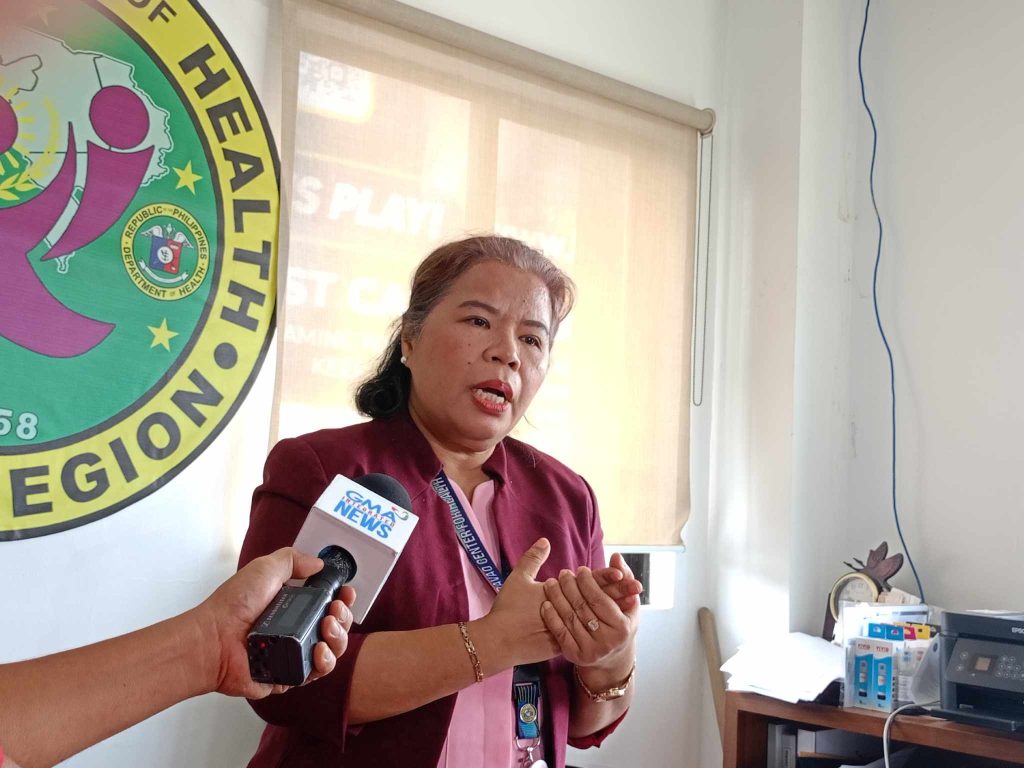
DAVAO CITY, Philippines – The Department of Health Region (DOH) XI reported that dengue cases have significantly increased largely affecting schoolchildren or those aged 10 and below.
Based on its data from January to September 9 this year, there are 12,861 total dengue cases with 51 deaths — a 116% rise in cases and 219% rise in deaths during the same period in 2022.
Davao City has the highest number of cases with 4,809 compared to 2,385 in the same period last year. It also recorded 16 deaths, a significant increase from the two deaths last year. The area of Talomo has been identified as a dengue hotspot, contributing to the high number of cases and fatalities.
The province of Davao del Norte also registered a high number of cases with a total of 2,763 from last year’s 1,230. It recorded 10 deaths from four last year. Meanwhile, Davao de Oro has a total of 1,803 cases compared to last year’s 774 with four deaths from three. Davao Oriental has 1,577 cases compared to last year’s 619 with 13 deaths from one. Davao del Sur has 1,377 cases compared to last year’s 801 with seven deaths from four. Davao Oriental has 1,577 cases from 619 with 13 deaths from one.
Dr. Gerna Manatad, DOH XI’s assistant regional director, said the number of dengue cases in the region reached its peak in August but dropped in the third week of September. She reminded the public to remain vigilant despite the decrease.
“Wag tayong kumpyansa (We should not be complacent) especially since we are anticipating the rainy season,” she said, urging the public to observe the department’s 4S strategy: search and destroy mosquito breeding places, seek early consultation, secure self-protection, and support anti-dengue fogging or spraying operations when necessary.
DOH XI already coordinated with schools identified to have dengue cases to conduct measures and prevent additional cases.
Dengue (break-bone fever), according to the World Health Organization, is a viral infection that spreads to people through the bites of infected female mosquitoes, mainly the Aedes aegypti. Other species within the Aedes genus can act as vectors but their contribution is only secondary.
Most people with dengue have mild or no symptoms and will get better in one to two weeks. However, it can be severe and lead to death. Dengue symptoms include high fever, severe headache, pain behind the eyes, muscle and joint pains, nausea, vomiting, swollen glands, and rash. (Kath Cortez /davaotoday.com)
davao region, dengue







